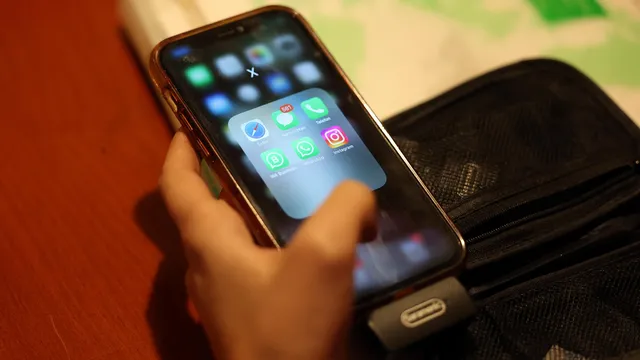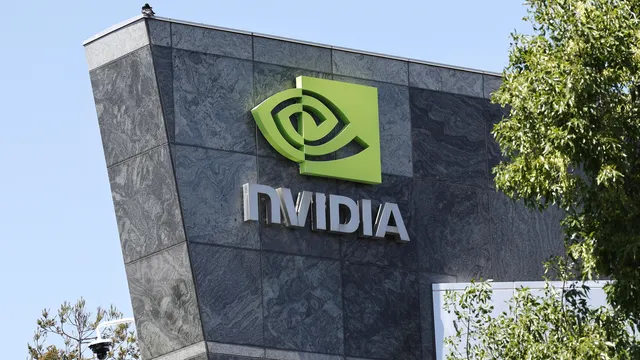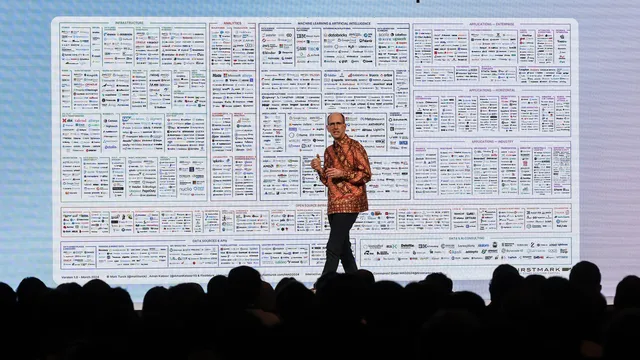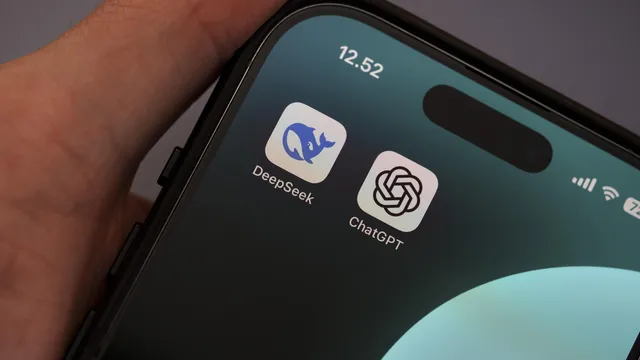Almost half of young people would prefer to live in a world where the internet did not exist, according to a new UK survey cited by the Guardian.
The survey reveals that nearly 70% of 16- to 21-year-olds feel worse after spending time on social media. Half (50%) would support a "digital curfew" that restricted their access to certain apps and sites after 10pm, while 46% said they would prefer to be young in a world without the internet.
A quarter of respondents spend four or more hours a day on social media and 42% admitted to lying to their parents and carers about what they do online.
While online, 42% said they lied about their age, 40% admitted to having a fake profile, and 27% said they pretended to be a completely different person.
The results were released after technology minister Peter Kyle hinted that the government was considering the possibility of introducing mandatory switch-off times for certain apps such as TikTok and Instagram.
Rani Govender, the NSPCC's child internet safety policy manager, said digital restrictions, while helpful, could not prevent children being exposed to harmful content online unless other measures were put in place.
"It should be clear that a digital 'curfew' alone will not protect children from the risks they are exposed to online. They will be able to see all these risks at other times of the day and they will continue to have the same impact," she said.
Govender added that the main focus of companies and the government is to ensure that children use "much safer and less addictive sites".
The survey, conducted by the British Standards Institute, covered 1,293 young people and found that 27% of respondents had shared their location online with strangers.
In the same survey, three-quarters said they had spent more time online as a result of the pandemic, and 68% said they thought time spent online was harmful to their mental health.
Andy Burrows, chief executive of the suicide prevention charity Molly Rose Foundation, said it was "clear that young people are aware of the risks online and, moreover, want technology companies to take action to protect them".
He added that algorithms can provide content that "can quickly grow and draw young people into a spiral of harmful and disturbing material without them being to blame for it".
New laws are "urgently needed to finally introduce an approach to regulation that ensures safety in principle and puts the needs of children and society ahead of those of big tech companies," he concluded. | BGNES
Almost half of young people would prefer a world without the internet

BGNES
Half of 16- to 21-year-olds support a 'digital curfew' and nearly 70% feel worse off after using social media.


 Breaking news
Breaking news
 Europe
Europe
 Bulgaria
Bulgaria





